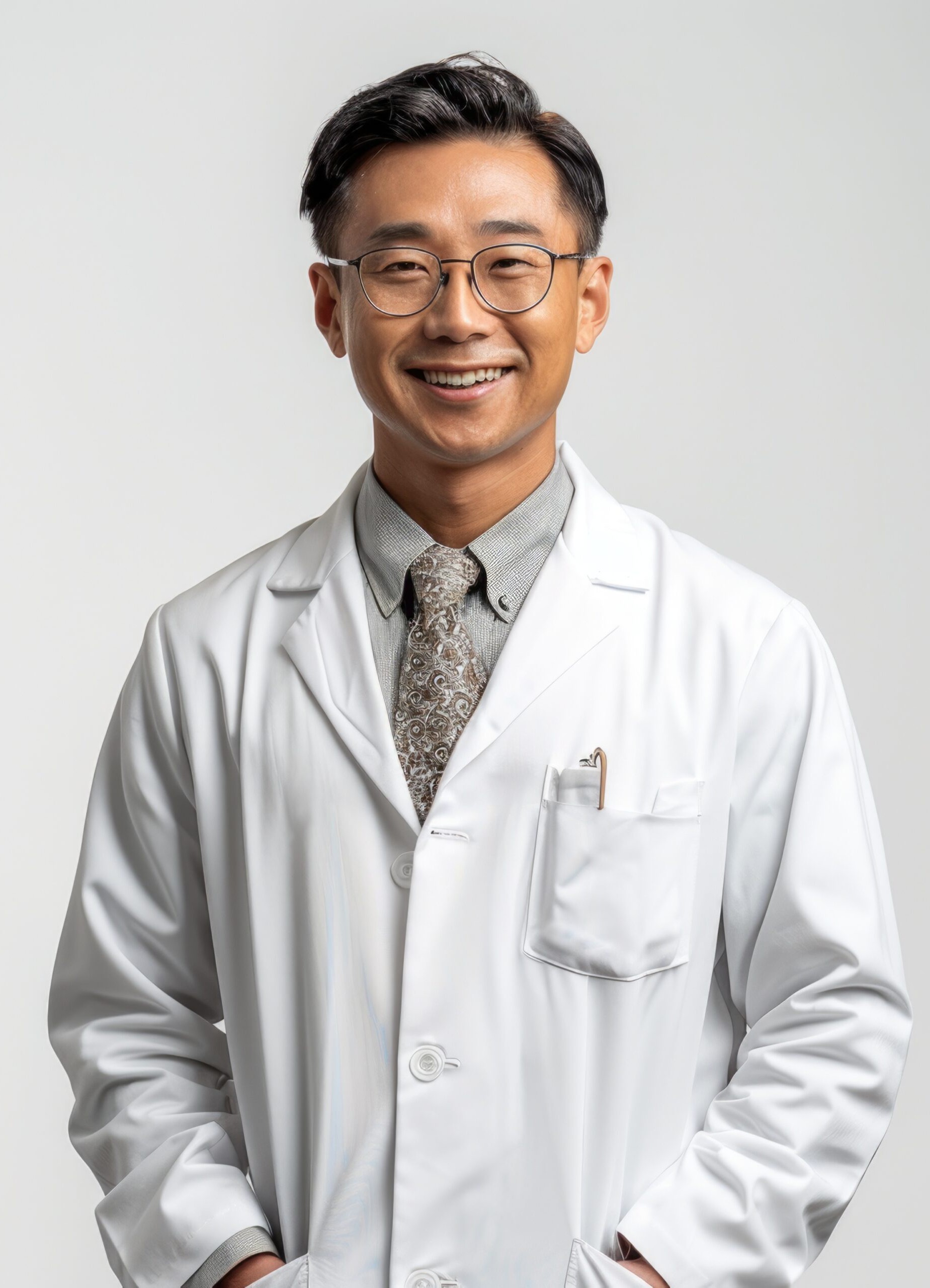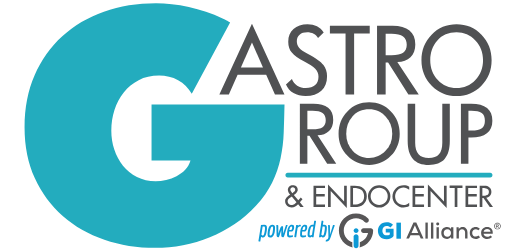Colonoscopy in Louisiana
What is a colonoscopy?
A colonoscopy is a medical procedure where a long, thin, flexible tube known as a “scope” is inserted into the rectum and guided through the entire colon (large intestine). This scope has a light and a camera, allowing specialists to view the lining of the colon. Colonoscopies are used to diagnose the causes of gastrointestinal issues such as diarrhea, bleeding, abdominal pain, or unusual x-ray results.
This procedure is also performed on individuals without symptoms starting at age 45 or earlier if there is a significant medical history, to screen for colon cancer and polyps. It remains the primary method for colorectal cancer prevention. The board-certified gastroenterologists at GastroGroup & EndoCenter are specialists in digestive health and routinely perform colonoscopy exams. Contact a Louisiana office near you for more information.
What are the benefits of a colonoscopy?
Colonoscopy exams are essential for preventing colon cancer, making them highly important for those over 45 or at elevated risk. Regular screenings offer numerous benefits for gastrointestinal and overall health. Here are some key advantages:
- Early detection of colon and rectal cancer
- Removal of abnormal growths
- Diagnosis of conditions like diverticulosis, inflammatory bowel disease (IBD), and more
- Serving as the most effective method for screening colon and rectal cancer
- Potentially saving lives
With advancements in technology, colorectal cancer screenings are now quicker, more comfortable, and more precise than in the past.
What should I expect during a colonoscopy?
Your specialist at GastroGroup & EndoCenter will provide specific instructions for bowel preparation before your exam. Typically, patients must follow a clear liquid diet the day before the procedure. Several types of laxatives may be used to thoroughly cleanse the colon. It’s crucial to adhere strictly to the provided guidelines. You will also receive specific instructions about your medications. Most medications can be continued as usual, but special instructions will be given if you are on blood thinners (e.g., Coumadin, warfarin, Plavix, aspirin, anti-inflammatories) or if you are diabetic. Patients should not consume anything after midnight except for necessary medications.
You should arrive at the endoscopy center location 1 to 1.5 hours before your scheduled exam. This time allows for paperwork completion and exam preparation. You will change into a medical gown, and an intravenous (IV) catheter will be inserted into your arm for sedation administration. You will be connected to monitoring equipment to track your heart rate, blood pressure, pulse, electrocardiogram, breathing, and oxygen levels during and after the procedure.
In the exam room, you will lie on your left side on the stretcher, and the IV sedation will begin. Sedation amounts are tailored to ensure safety and comfort. Once adequately sedated, the specialist will perform a rectal exam before gently inserting the colonoscope into the rectum. The scope is carefully advanced through the colon to the junction with the small bowel. Air is introduced through the scope to improve visibility. Any residual fluid in the colon can be rinsed and suctioned out.
During the procedure, the specialist may perform biopsies, remove polyps, or control bleeding as needed. At the end of the exam, air and any remaining fluid are suctioned out through the scope. The entire procedure typically lasts between 15 to 30 minutes, depending on the findings.
When will I get my results?
After your colonoscopy, you will be taken to a recovery room where you will be monitored as the sedation wears off. The amount of sedation used and your individual response will determine how quickly you wake up, but most patients are ready for discharge within 45 to 60 minutes.
You will not be allowed to drive for the remainder of the day, so you must arrange for someone to take you home. Additionally, you should avoid working, signing important documents, or performing strenuous activities for the rest of the day. Most patients can eat and drink normally after discharge, but you will receive specific instructions about activities, diet, and medications before you leave.
After the procedure, the specialist or nurse will review the findings with you. Due to the effects of the sedation, many patients may not remember these discussions, so it is recommended to bring someone with you who can also hear the results. You will be given a typed report to take home. Biopsy results, if any were taken, are typically available within one week.
What are the alternatives to a colonoscopy?
The need for alternatives to a colonoscopy depends on the reason for the procedure. In most cases, a colonoscopy is the best method to evaluate and treat colon abnormalities and remains the only preventive measure for colorectal cancer. However, diagnostic alternatives include a barium enema, which is an x-ray exam where barium sulfate is used to highlight the colon, and a virtual CT scan, a noninvasive imaging test that takes cross-sectional images of the colon. These alternatives are diagnostic only. If any abnormalities are found, a colonoscopy or surgery will be needed for treatment.
Are there any risks with a colonoscopy?
A colonoscopy is a quick exam where difficulties appear in fewer than 1% of patients. Many problems are not grave. However, if a difficulty arises, it might need hospitalization and surgery. Before the test, you’ll be asked to review and sign a consent form with support staff. If any issues or problems appear, these can be talked about with your specialist prior to starting the test.
Reactions to medication-related sedation can happen. These can involve allergic reactions, difficulty breathing, impacts on the circulatory system and blood pressure, and discomfort of the vein utilized to deliver the sedation.
Bleeding can happen with biopsies and the removal of tumors. Again, considerable bleeding, which may necessitate a blood donation or hospitalization, is uncommon. Although, bleeding can occur during the exam or up to two weeks following the exam if a polyp is extracted.
Perforation or puncture of the colon can happen. This could be recognized during the procedure, or it might not be noticeable until later in the day. In most instances, a puncture will require an operation and a hospital stay. This is an uncommon issue, even when polyps are removed. It is very important that you talk to our GI specialist if symptoms emerge following the test, including increasing stomach discomfort, bleeding, or fever.
Just as with most other exams, a colonoscopy is not perfect. There is a small, accepted risk that irregularities, like tumors and cancers, can be undetected during the test. It is essential to continue follow-up appointments with our team at GastroGroup & Endocenter and to notify them of any recent or persistent symptoms.
Colonoscopy FAQs
At what age should you schedule a colonoscopy exam?
We recommend people who are at standard odds for colon cancer start having their colon cancer exam at age 45 years of age. In the event your personal risks for developing colon cancer are more than average or you are showing concerning indications of colon cancer, your gastroenterologist could suggest colonoscopies before 45.
How many years apart should you get colonoscopies?
Doctors advise getting a colonoscopy screening around every decade for individuals of ordinary risk, who have good health, and when they have colonoscopy results that are not concerning. After your screening, your gastroenterologist will let you know when you should schedule colon cancer exams from there on out.
Is a colonoscopy an uncomfortable process?
Sedation will be provided before your colonoscopy to ensure you remain comfortable and relaxed during the procedure. Based on the medication, many patients feel very mellow and even become drowsy, and many individuals sustain virtually no memory of the procedure. You can speak with your gastroenterologist about what you should anticipate during your consult.
What’s the average recovery period for a colonoscopy exam?
Most of the time, patients need about a full day to recover following a colonoscopy exam, and some patients feel well enough to maintain their everyday activities the subsequent day. If colon polyps are removed, the recovery time will likely last about a week. It is expected for you to notice some abdominal discomfort following a colon cancer screening, including bloating and cramping. Our GastroGroup and Endocenter team will go over additional details about what you can expect while you recover.

